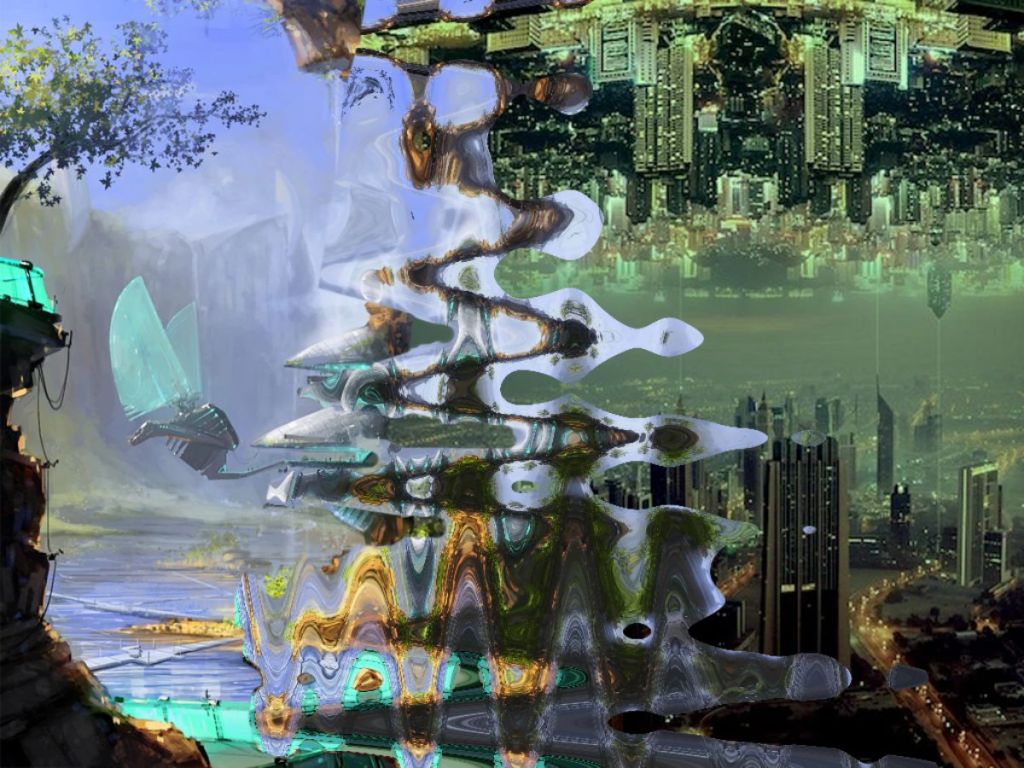Three years ago, niche groups on Twitter and Wizardchan began spreading a conspiracy theory lamenting the ‘death’ of the internet. It’s called the ‘dead internet theory’.
With platforms like TikTok that have firmly become a cultural trendsetter, one would think this theory perhaps would only apply to Facebook, where everyone’s 85-year-old granny is on.
Wrong. The ‘dead internet theory’ is as real as ever – and we can thank artificial intelligence for that.
What is the ‘dead internet theory’?
The dead internet theory, according to Wizardchan, proposes the idea that:
“Large proportions of the supposedly human-produced content on the internet are actually generated by artificial intelligence networks in conjunction with paid secret media influencers in order to manufacture consumers for an increasing range of newly-normalised cultural products.”
HUH?????? This certainly does not read like theory in 2024.
Furthermore, it also proposes that everything that made the internet fun, authentic, and human for decades, died circa 2016 or 2017. This can largely be attributed to Google’s release of its neural machine learning programs in 2016, and the spread of deepfakes beginning 2017.
“There is a large-scale, deliberate effort to manipulate culture and discourse online and in wider culture by utilising a system of bots and paid employees whose job it is to produce content and respond to content online in order to further the agenda of those they are employed by,” writes the theory’s anonymous author.
… and it’s all accomplished with AI.
AI-generated content feat. a ‘dead’ internet
The rest of the theory delves into how AI tools are actually government psyops, but a reasonable reader would think that it is a little far-fetched. But the main crux of the theory stands.
Think of the endless deluge of AI-generated art, films, videos, and music online. Think of the Taylor Swift deepfakes that sent the internet into a frenzy. Industry reports and analyses further confirm the proliferation of AI-generated ‘garbage’ websites dedicated to spewing misinformation.
“Have you noticed how ‘sterile’ fiction has become? How it caters to the lowest common denominator and follows the same template over and over again?” wrote the Wizardchan post.
*Chills*
AI-generated influencers
The emergence of virtual influencers, most of whom are generated by AI, have also blurred the line between fiction and reality.
Heck, there’s even an academic paper by academic Yoshija Walter dissecting this worrying trend:
The advent of what is here referred to as “AI influencers” signals a paradigm shift in social media, transforming it from a space for genuine human interaction to a sophisticated domain dominated by consumption-driven algorithms.
This trend, if it persists, hints at the diminishment of authentic human connection on the internet, argues the paper. If the goal of internet influencers is to build a parasocial relationship with their audience, what does it say about us as humans if we accept the fostering of such relationships with a bot?
“The internet feels empty and devoid of people. It is also devoid of content,” says the author of the theory.
Is the web dead?
Perhaps to some, the dead internet theory exists in the wavelength as those who scream, “Everything is a simulation!”
Of course, we are not ones to endorse a conspiracy theory stemming from a 4chan cousin site. Plus, a large part of the Wizardchan post, as well as the comments under said post, are absurd and plain fodder.





